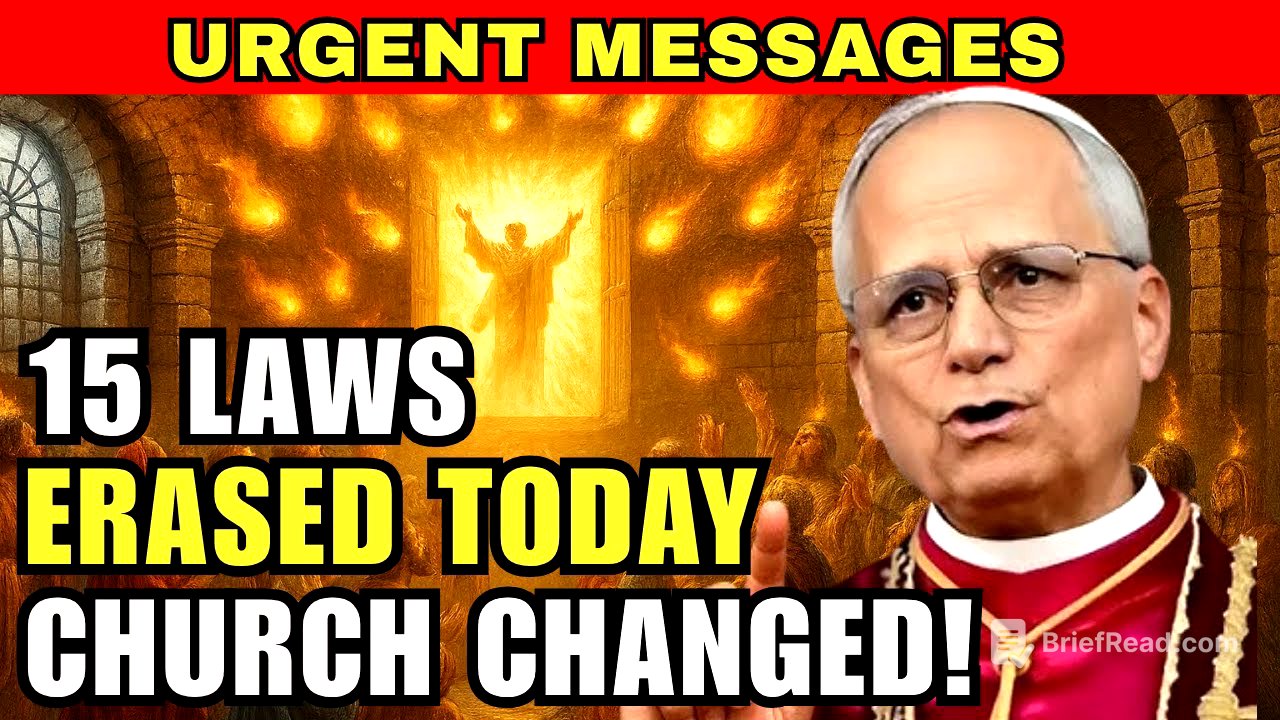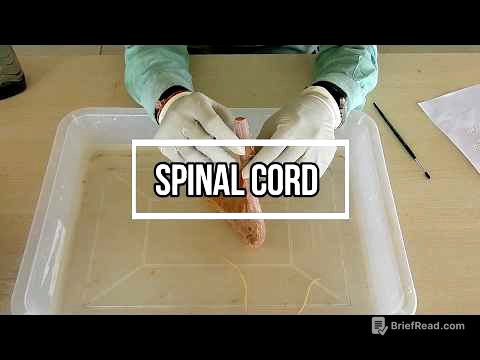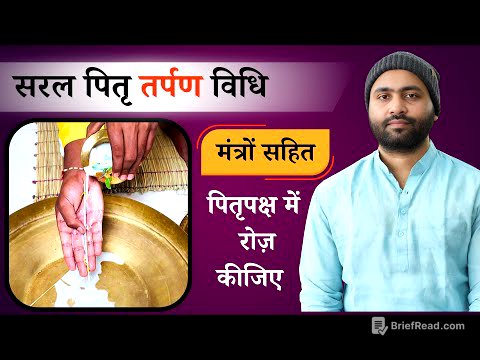TLDR;
Pope Leo XIV has initiated 15 significant reforms within the Catholic Church, addressing financial transparency, term limits for clergy, the role of women, the sacrament of reconciliation, abuse accountability, papal nobility, catechism for the digital age, liturgical decentralization, focus on the poor, communion for divorced and remarried Catholics, relations with the Orthodox Church, scientific literacy, papal titles, papal conclave, and ecumenical council. These reforms aim to modernize the church, promote inclusivity, and address critical issues such as abuse and poverty.
- Financial transparency and accountability are prioritized through mandatory audits and public reports.
- Term limits are imposed on clergy to prevent the accumulation of power and encourage service.
- Women are authorized to serve as deacons, expanding their role in ministry.
- The sacrament of reconciliation is reframed as spiritual guidance and healing rather than judgment.
- Independent lay-led boards are established to investigate abuse allegations.
- The reforms seek to decentralize power, promote inclusivity, and adapt to the modern world.
Introduction [0:00]
The Vatican is undergoing massive changes with the release of a declaration outlining 15 reforms to be implemented immediately. These reforms are expected to significantly alter the Catholic Church and how it is perceived globally, affecting millions of Catholics worldwide.
End of Financial Secrecy [0:52]
Pope Leo XIV has mandated complete financial transparency for the Vatican Bank and all Holy See financial departments. Within 90 days, a detailed, audited financial report must be published online, revealing all assets, investments, salaries, and donations, including the sources and destinations of funds. This decision faced resistance from high-ranking officials who argued it would create vulnerability, but the Pope emphasized the importance of trust and aligning the Church's actions with its teachings on poverty.
Term Limits for All Clergy [2:46]
Pope Leo XIV has instituted mandatory term limits for clergy, setting a 10-year limit for bishops in a single diocese and a 5-year limit for cardinals in major Vatican departments. After their terms, clergy will be reassigned, potentially moving from influential positions to more humble roles. This reform aims to break the "ladder of ambition" and refocus clergy on service rather than career advancement. While some critics view this as a dismantling of institutional memory, others see it as an opportunity for priests to prioritize pastoral duties over power.
Ordination of Women to the Diaconate [4:42]
Pope Leo XIV has authorized the ordination of women as deacons, marking a significant shift in the Catholic Church. While women are still not permitted to become priests, this reform allows them to proclaim the gospel, preach, and preside over baptisms, weddings, and funerals. This decision has sparked intense debate within the Vatican, with traditionalists expressing strong opposition. Supporters view it as a recognition of women's call to serve and minister, allowing the Church to "breathe with two lungs."
Restructuring the Sacrament of Reconciliation [6:48]
Pope Leo XIV is restructuring the sacrament of reconciliation, or confession, to emphasize spiritual guidance and healing over judicial judgment. The reform encourages face-to-face conversations and communal services of prayer and forgiveness, followed by individual conversations with a priest. Most radically, it decriminalizes sin, shifting away from a legalistic list of mortal and venial sins to focus on broken relationships with God and neighbor. The Pope describes the confessional as a "field hospital" where God is the physician, aiming to replace fear with mercy.
Mandatory Lay-Led Accountability Boards [9:01]
Pope Leo XIV has mandated the establishment of independent lay-led accountability boards in every diocese worldwide to address the abuse crisis. These boards, composed of former prosecutors, child safety experts, psychologists, and parents, will have full authority to investigate allegations of abuse against any cleric, including bishops. Their findings will be binding and made public, representing a surrender of internal clerical power and an admission that the previous system was ineffective. This reform aims to prioritize the safety of children and vulnerable individuals over the reputation of the Church.
Dissolution of the Papal Nobility [11:27]
Pope Leo XIV has abolished the papal nobility, a centuries-old tradition of hereditary titles and privileges granted to certain Roman families. This symbolic move eliminates titles, positions of honor, and special uniforms, reflecting the Pope's belief that the only title that matters is "child of God." While the decision has been met with disappointment by the affected families, it sends a powerful message that the Church is not a monarchy or country club, but a family where all members are equal.
Universal Catechism for a Digital Age [13:29]
Pope Leo XIV has ordered a complete rewrite of the Catechism of the Catholic Church, the official summary of its teachings, through a global digital synod. This initiative invites theologians, scientists, artists, and people of various backgrounds, including atheists and agnostics, to contribute to a new catechism that addresses modern questions such as artificial intelligence, gender identity, and climate change. The new catechism will be primarily digital, accessible, and incorporate art, music, and testimony, aiming to translate truth in a way that resonates with contemporary audiences.
Radical Decentralization of the Liturgy [15:42]
Pope Leo XIV is decentralizing the liturgy, granting Episcopal conferences the authority to adapt the mass to their local cultures. This reform allows for the incorporation of traditional music, local art, and different prayers that resonate with the local population, meaning a mass in one country could be very different from a mass in another. The guiding principle is that unity does not require uniformity, and the Holy Spirit speaks all languages.
The Church of the Poor Made Real [17:35]
Pope Leo XIV is taking concrete steps to realize a "church of the poor" by ordering the sale of non-essential luxurious Vatican properties outside of Vatican City. The funds raised will be placed into a new, independently managed foundation dedicated to funding global projects for housing, food, and clean water. The first property put on the list was the papal summer palace itself, which will be transformed into a hospital and rehabilitation center for the sick and poor of Rome.
Full Communion for Divorced and Remarried Catholics [19:37]
Pope Leo XIV has ended the exclusion of divorced and remarried Catholics from receiving Holy Communion. The reform creates a path of discernment, allowing individuals in conversation with their priest or bishop to be fully readmitted to the Eucharist without an annulment. This decision replaces a blanket ban with pastoral individual discernment, reflecting the Pope's belief that God's mercy is a medicine for the sick, not a prize for the perfect.
Binding Joint Council with the Eastern Orthodox Churches [21:54]
Pope Leo XIV has proposed a binding joint council with the Eastern Orthodox Churches in an effort to heal the thousand-year-old schism. He has formally invited the leaders of all Orthodox churches to a new ecumenical council and proposed that the council's decisions on how to reunite the churches will be binding on the Catholic Church. This means he is offering to submit his own papal authority to the collective wisdom of a joint council.
The Mandate of Scientific Literacy [23:52]
Pope Leo XIV is seeking to bridge the gap between faith and reason by mandating that all seminaries include a rigorous modern curriculum in cosmology, evolutionary biology, and climate science, taught by leading secular scientists. He has also the Pontifical Academy of Sciences, giving it a new mandate to integrate scientific findings into the church's theological and ethical teachings in real time. The Pope stated that a faith that is afraid of the truth is not faith at all, and that ignoring the warnings of science on climate is a grave sin.
The Abolition of the Title "Vicar of Christ" [25:58]
Pope Leo XIV has retired the title "Vicar of Christ," the most formal and powerful title for the Pope, which implies he is the direct earthly representative of Jesus. He has ordered that in all official documents and public addresses, the Pope is to be referred to by his most ancient title, "Servant of the Servants of God." He explained that there is only one Vicar of Christ, and he is in heaven.
Re-envisioning the Papal Conclave [27:56]
Pope Leo XIV has decreed that the next papal conclave, the process by which a new pope is chosen, will include a council of 50 lay people, 25 men and 25 women, chosen from dioceses around the world. These lay people will not have a vote for the next pope, but they will be in the room, part of the formal discussions, advising the cardinals, questioning the candidates, and representing the voice of the people of God. This reform aims to ensure that the church of the future is chosen, at least in part, by the church of today.
The Senate of All People [30:05]
Pope Leo XIV has called for a new ecumenical council, the Senate of All People, inviting not just bishops but also delegations from other Christian denominations, representatives from other world religions, and a delegation of secular humanists, atheists, scientists, and philosophers. The council's goal is to address the question of how to build a more just, merciful, and sustainable world for future generations. This initiative reflects the Pope's vision of a church that engages with the world and seeks the good in every human heart.









